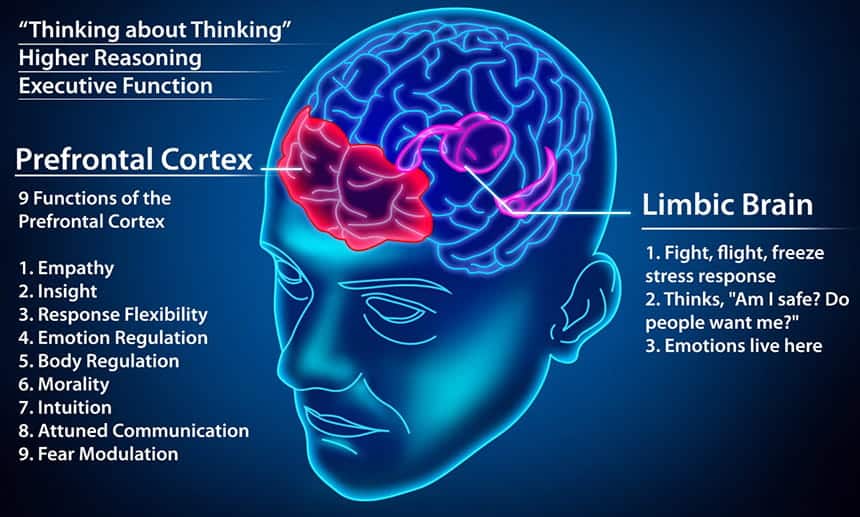Neurobiology of Binge-Eating Disorder (BED) is linked to changes in neurotransmitter networks, including dopaminergic and opioidergic systems, associated with binge-eating behaviours. Similarly to other impulse control disorders with compulsive behaviours, BED is thought to be related to maladaptation of the corticostriatal circuitry regulating motivation and impulse control. This can potentially explain efficacy of the dopaminergic medications used in treating BED.
Robert M.Kessler. The neurobiological basis of binge-eating disorder. Neuroscience and Neurobehavioral Reviews. Volume 63, April 2016, Pages 223-238.

